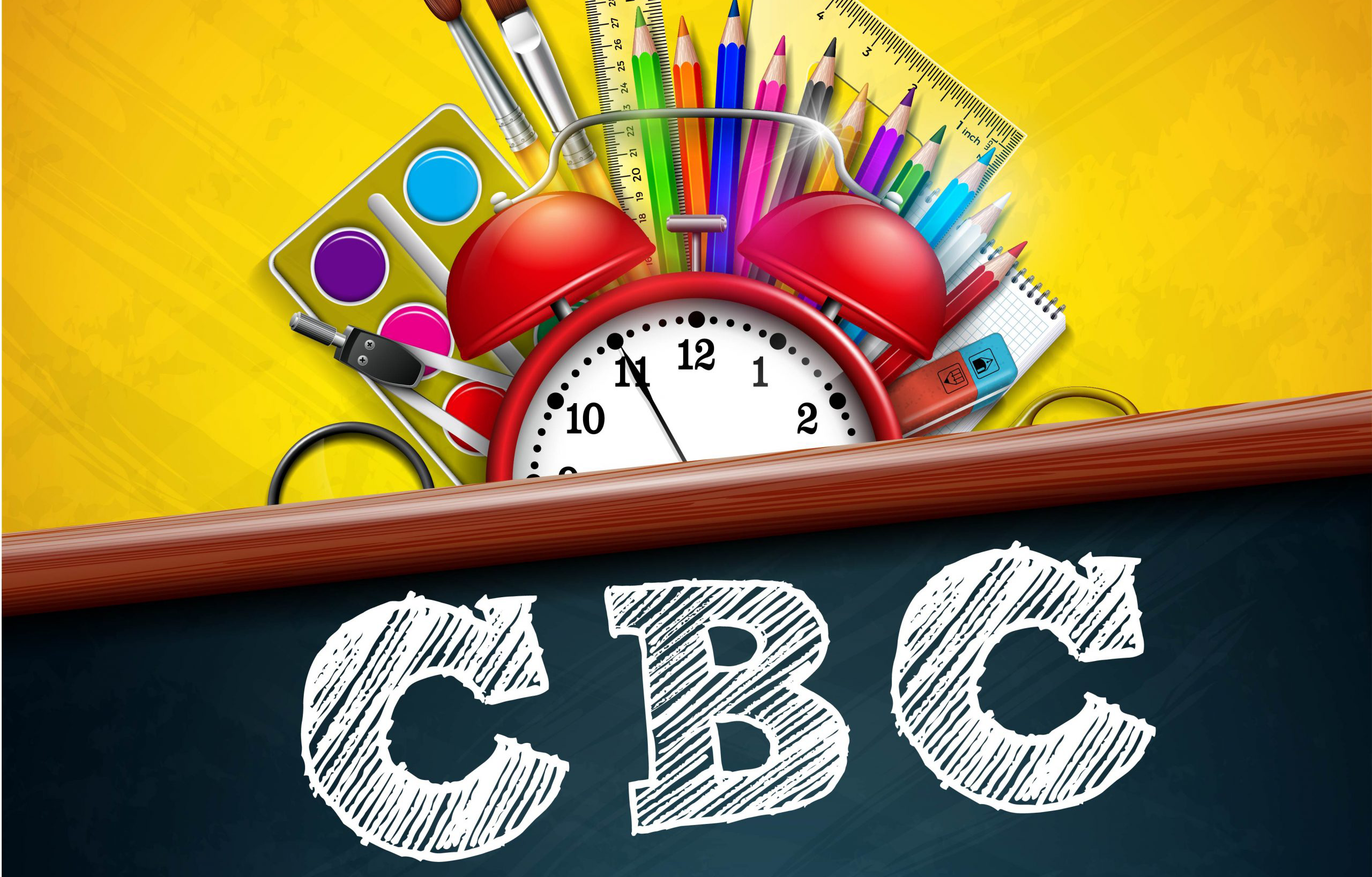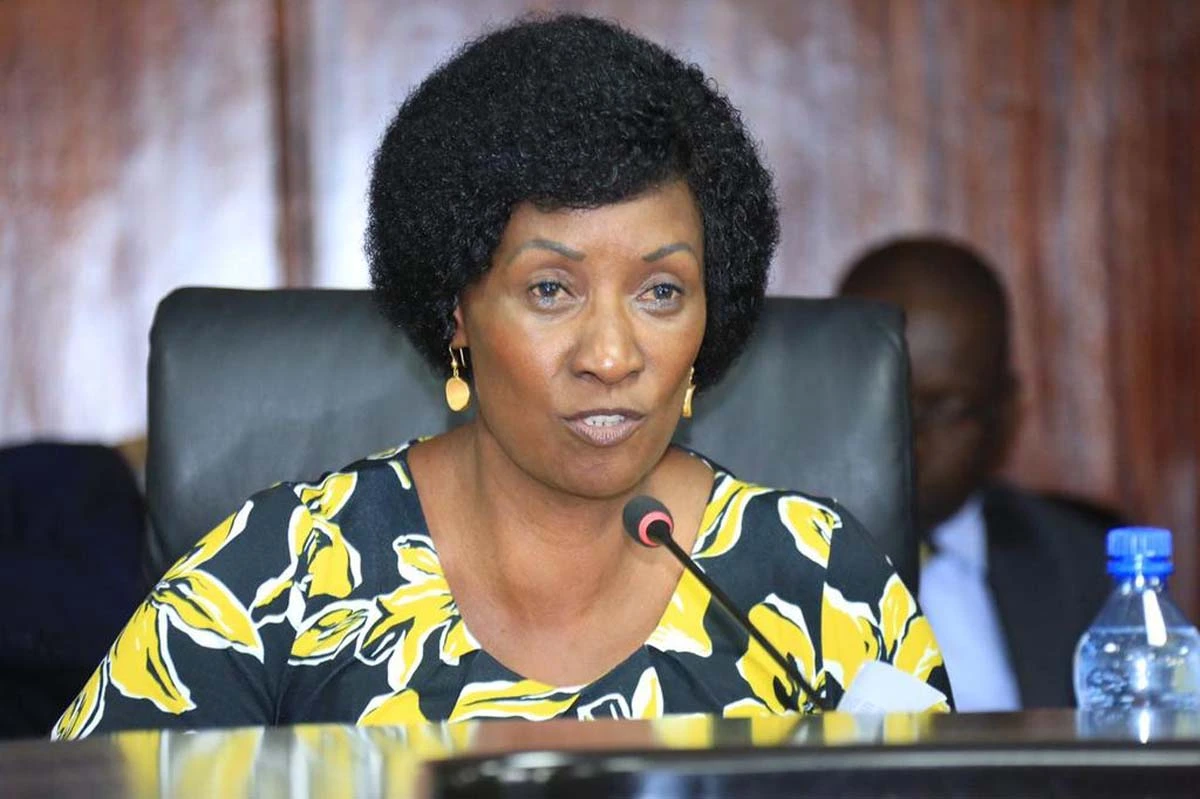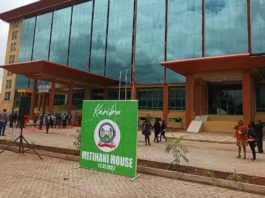You might be wondering what all the fuss is about regarding the Competency-Based Curriculum (CBC) and how it will affect the grading system. Well, let’s dive into the draft proposals by the Presidential Working Party on Education Reforms (PWPER) and uncover the truth behind the changes. Hold on tight!
Initially, CBC aimed to shift the focus from exam scores to skills and competencies. However, the latest proposals indicate that the battle for higher grades isn’t going away anytime soon. So, let’s break down how learners will be assessed according to the PWPER:
Grade Six Assessment
First off, the Grade Six assessment won’t determine whether a learner proceeds to junior secondary school. Instead, it will serve as a monitoring tool to gauge their progress at the end of Grade Six. Think of it as a progress report to guide the next steps.
Grade Nine Assessment
Now, here’s where things get interesting. At Grade Nine, the end of junior secondary, learners will sit for a final assessment similar to the Kenya Certificate of Primary Education (KCPE). However, this assessment will make up 60 percent of their final score. The remaining 40 percent will come from assessments conducted at the end of Grades 7 and 8, with each accounting for 20 percent. It’s like a puzzle where different pieces contribute to the overall picture.
Grade 12 Assessment
Fast forward to Grade 12, the end of senior secondary school, where the pressure intensifies. Here, learners will need to go all out and aim for a whopping 70 percent in the national examinations. Only 30 percent will be reserved for school-based assessments. It’s a challenging task, but it’s an opportunity for students to showcase their knowledge and skills.
The summative examination at Grade 12, similar to the Kenya Certificate of Secondary Education (KCSE) under the previous 8-4-4 system, will be the determining factor for their future pathways. This score will influence their admission to universities, colleges, polytechnics, or vocational institutions. So, it’s a critical moment that can shape their educational journey.
The PWPER has even proposed renaming the Kenya National Examinations Council (Knec) as the Kenya National Assessment Council to align with these changes.
Now you have a clearer picture of how the CBC assessment system will differ from the initial proposals. It’s a blend of national assessments and school-based evaluations, with each stage having its own weightage. It’s a new approach that seeks to strike a balance between overall development and academic achievements.
Remember, education is not just about numbers on a piece of paper; it’s about nurturing skills, competencies, and the potential of each student. Let’s embrace these changes and support our learners as they embark on this educational journey under the CBC.




